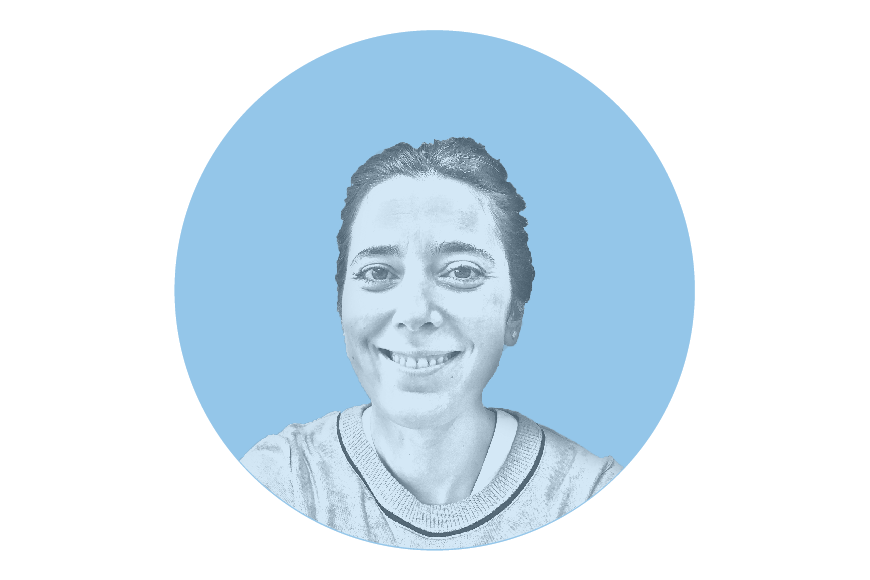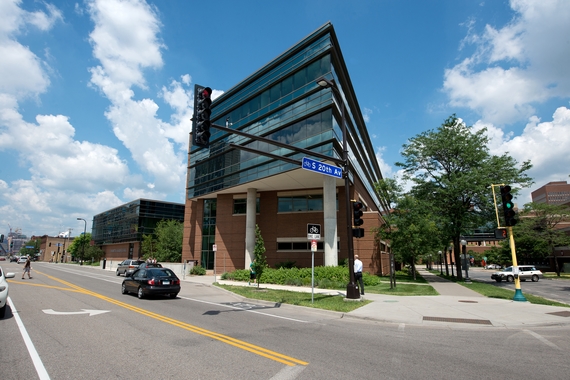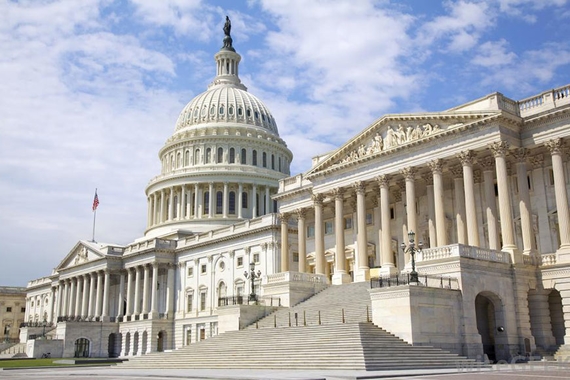Maria Elisa Belfiori
At the Pontifical Catholic University of Argentina, Maria Elisa Belfiori (PhD ‘13, economics) studies the optimal design of climate policies. “With an average lifetime of 300 years, carbon dioxide emissions matter to unborn generations the most. That's why I study optimal climate policies that internalize both the economic externality and the intergenerational aspects of climate change." The Henry R. Sandor Fellowship in Environmental Economics fueled her studies at the U of M.
Where are you from? What brought you to the U and what did you study?
I am originally from a little town named América in the Province of Buenos Aires, Argentina. After finishing my postgraduate studies at the Torcuato di Tella University in Argentina, I wanted to specialize in macroeconomics, and I decided to go to the University of Minnesota since the economics department at UMN is well-known for its excellent team of macroeconomics professors. I did my PhD in economics at the U, and I pursued research fields in public economics and monetary economics.
What are you working on now?
I am a research economist. My research lies at the intersection of macroeconomics, public finance, and climate economics. My research is on the optimal design of climate policies, the optimal taxation of carbon emissions, intergenerational climate justice, and the promotion of renewable energy and carbon capture and sequestration technologies.
What motivates you? What difference do you hope to make in your field—and in the world?
I enjoy doing research and studying a challenging and very relevant problem for society. It motivates me to be better every day, and be the best that I can be at what I do.
I hope to offer my knowledge and tools to further the understanding of the economics of climate change and the policies that governments can implement to tackle the challenges of a warming world.
How did your time at the College of Liberal Arts help prepare you for your career and for living and working in a connected, global community?
My time in CLA gave me all the tools to pursue my career and my interest in climate economics. I had great professors and a lively environment where I was exposed to important policy questions for my consideration and motivation.
I learned to persevere, to be a hard-worker, and to believe in what I can do and what I can achieve. I learned that I am fearless.
My time in CLA also gave me great friends from all over the world. This exposure to amazing people made me aware of the value of diversity and the power of working as a team.
You received support from donors while you were a student at the U. What does that support mean to you now?
I am incredibly thankful for the support I received from the Richard Sandor Fellowship in Environmental Economics from the Department of Economics at the University of Minnesota. This support allowed me to focus on my dissertation and work intensively on a topic that would become a lifetime career for me.



